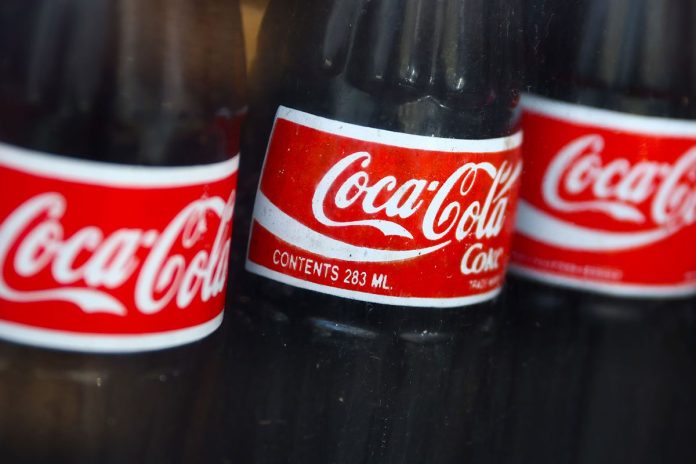Ben & Jerry’s CEO Ousted Over Political Views, Claims Ice Cream Brand
Ben & Jerry’s has alleged that parent company Unilever dismissed its CEO, Matthew McCarthy, due to his outspoken political stance, particularly his criticism of former U.S. President Donald Trump. The ice cream maker, known for its activist positioning, contends that McCarthy’s removal was orchestrated in response to his progressive advocacy.
Unilever Denies Political Motivation
Unilever has pushed back against these claims, asserting that leadership changes were part of standard corporate restructuring. According to a company spokesperson, the decision to replace McCarthy was based on business performance and strategic alignment rather than political considerations.
McCarthy, who led the Vermont-based ice cream brand for nearly five years, played a key role in maintaining Ben & Jerry’s legacy of social activism. His leadership saw the company take strong public stances on various issues, from racial justice to environmental sustainability. However, tensions reportedly grew between Ben & Jerry’s and Unilever, particularly after the ice cream brand attempted to stop sales in Israeli-occupied territories—leading to legal battles and internal friction.
Strained Relationship Between Brand and Parent Company
The latest leadership controversy underscores the ongoing challenges Unilever faces in managing Ben & Jerry’s advocacy-driven approach while balancing its broader corporate objectives. The ice cream maker has long operated with a degree of independence following its 2000 acquisition by Unilever, but disagreements over its activist stances appear to have intensified.
Industry analysts suggest that the friction highlights a broader question faced by FMCG companies: how to navigate purpose-driven branding while maintaining corporate stability. Ben & Jerry’s consumer base largely supports its progressive messaging, but its political involvement occasionally puts it at odds with Unilever’s global commercial strategy.
What This Means for the FMCG Sector
The situation raises important considerations for FMCG leaders weighing corporate activism against shareholder interests. As consumer expectations evolve, brands increasingly face pressure to take clear political or social positions. However, parent companies must balance these efforts against potential financial and reputational risks.
For Unilever, maintaining control over Ben & Jerry’s while respecting its activist identity could be a critical test of brand management in an era where corporate purpose plays a growing role in consumer engagement.

